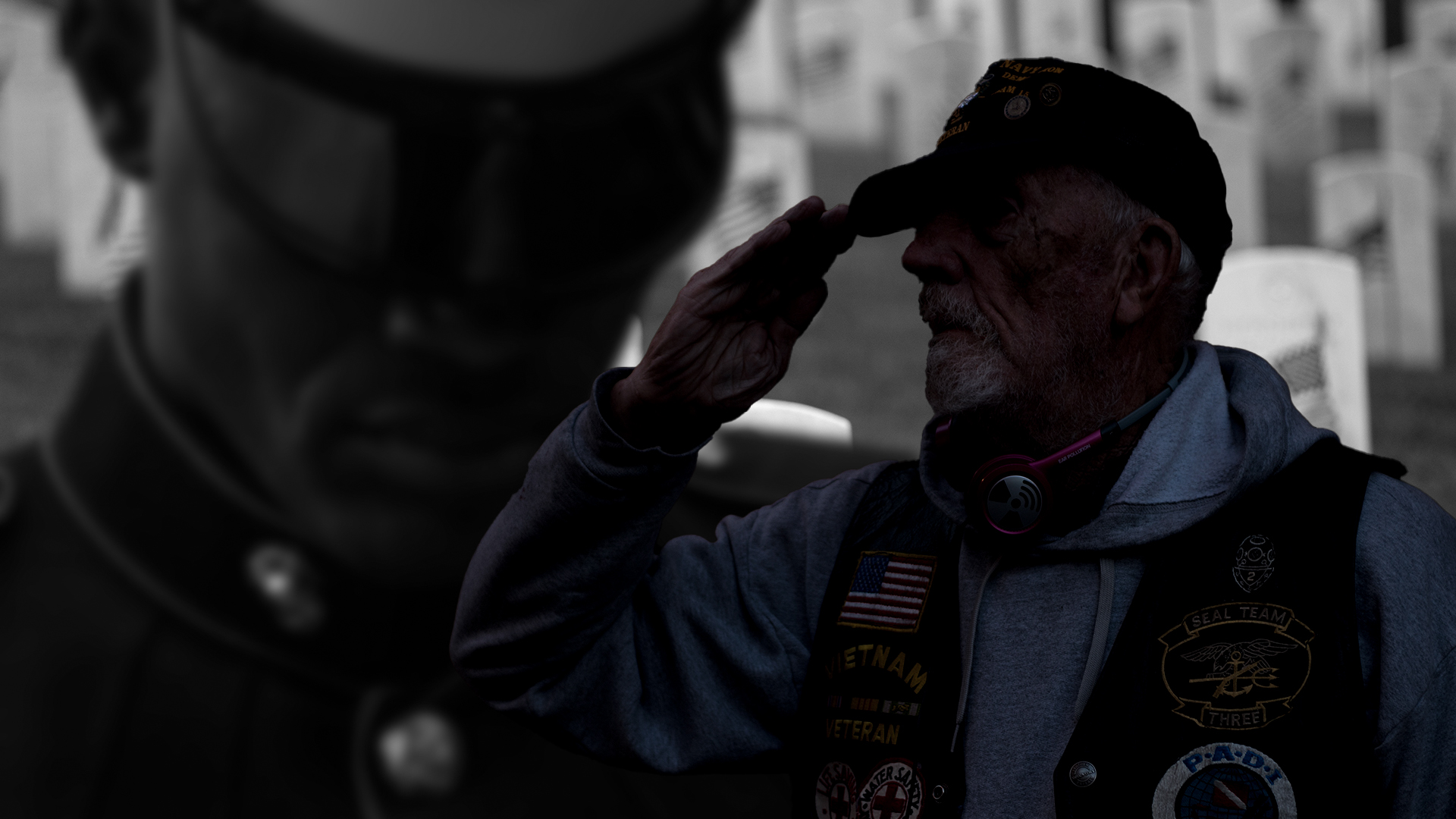

Last week, the Journal of the American Medical Association published a meticulous study that showed veterans have a higher likelihood of dying if they choose care in the community rather than Department of Veterans Affairs (VA) hospitals. As time slips by, the refusal of Congress and the VA to impose quality standards for contracted providers continues to contribute to needless veteran deaths.
Specifically, VA-enrolled older veterans’ 30-day mortality from stroke or heart failure was higher when hospitalized in non-VA compared to VA facilities. These results add to a growing body of similar findings. Veterans electing coronary procedures in Veterans Community Care Program (VCCP) hospitals have equivalent or higher 30-day mortality than in the VA. Two-year mortality for veterans receiving VA-paid chronic dialysis in the community is higher than in the VA. Dually enrolled veterans over 65 with COVID-19 who were admitted to community hospitals had substantially higher 30-day mortality than those treated in VA medical centers. Suicide rates are greater among veterans who receive care exclusively in the VCCP than among those who solely seek care from the VA.
Most dramatically, veterans who had an ambulance transport them to a non-VA emergency department were 46 percent more likely to die in the following month than if they were taken to a VA hospital. The greater mortality in non-VA hospitals was evident for every one of the 140 communities studied.
However, the point here isn’t to question whether veterans should have the option to obtain private sector care when authorized, though they might have second thoughts if they were better informed. What’s deeply concerning — and unsupportable — is that both Congress and the VA refuse to stipulate that contract providers abide by the lifesaving quality standards that are enforced across VA services.
Over the last nine years, Congress has passed numerous laws that grant veterans greater access to the private sector. The delivery of quality care, however, is optional. Lawmakers are pushing yet again for more access without quality through the Making Community Care Work for Veterans Act, which would increase veterans’ admittance to residential care in the community without a single expectation that staff be licensed professionals, have subject matter training, deliver evidence-based practices, demonstrate a safe environment of care, or report outcomes.
Subscribe to Task & Purpose Today. Get the latest military news and culture in your inbox daily.
The VA shares culpability. In the rare instances when it issues mandates to the third-party administrators who manage the VCCP, it gives free rein to ignore those specifications.
Take, for example, opioid prescriptions. A key policy to prevent overdose deaths is for providers to examine state prescription drug monitoring databases prior to writing a new order. The VA has strict internal directives for checking these databases and scrutinizes compliance. Currently, 98.4 percent of opioid prescriptions filled at VA pharmacies have database inquiries. By contrast, when a government watchdog reviewed VCCP prescriber records, only a minority included inquiries. These are clear violations of provider contracts, and in many cases, state law.
Confronted with such dangerous lapses, a VA official shrugged, suggesting that “if VA were to penalize providers by restricting referrals or obstructing association to the community provider network, it would be a detriment to network adequacy.” In other words, better to keep negligent providers than shrink the pool size.
Double standards harm veterans. The RAND Corporation has advocated that “Policymakers must ensure that standards for community care are at least equal to those for VA-delivered care…and either require providers to report on their ability to meet those expectations or conduct its own evaluations.”
Yet despite myriad reports of life-endangering community care, powerful lawmakers persistently beat the drum for further access without quality assurances. Senator Jerry Moran (R-KS), the Ranking Member of the Senate Committee on Veterans’ Affairs, recently issued a press release in reaction to the opioid prescription deficiencies. He argued that the VA must “expand access to” — not cease utilizing — those same unsafe prescribers.
On that score, at least, some members of Congress seem ready to set things right. Three weeks ago, Democrats on the House Committee on Veterans’ Affairs, led by Vice Ranking Member, Chris Deluzio (PA-17), sent a letter to the VA insisting that the VCCP be held accountable. The rest of Congress should follow suit.
Regulations must be implemented, and meaningful consequences applied when benchmarks are not met. Community providers’ adherence to applicable state laws and clinical practices should be routinely reviewed, and when found grossly deficient, suspended from the VCCP. Third-party administrators should be penalized, up to the point of contract cancelation, for failing to successfully manage the care that their providers deliver.
The VA has high obligatory standards for the health care delivered in its facilities. That’s a chief reason why, compared to the VCCP, the VA on average has equal to or superior care quality. The recent JAMA veteran mortality study should be a loud wake-up call. It is long past time for the VA’s standards to be imposed for care outside its walls.
Anything less is a betrayal of America’s veterans.
The latest on Task & Purpose
- Marine Infantry veteran says enlisted shouldn’t become officers — mayhem ensues
- Father loses 80 pounds, joins Air Force alongside his 2 sons
- Opinion: Veterans won’t help the recruiting crisis until our issues are addressed
- Navy fires head of Amphibious Squadron 5 for ‘loss of confidence’
- How much do CIA case officers get paid? A look at life as a spook